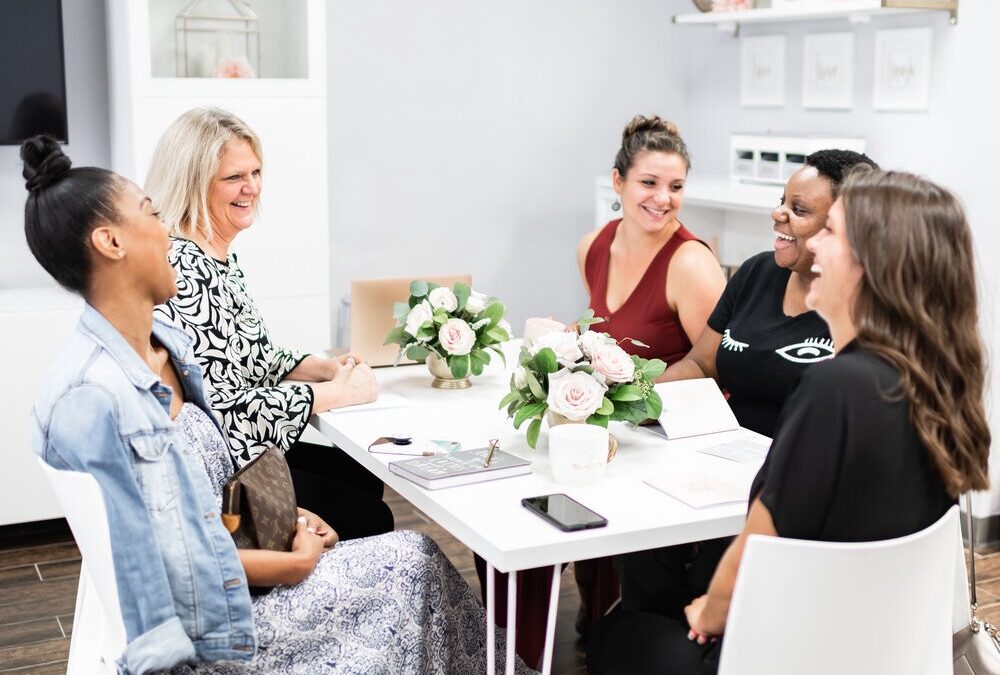A CONVERSATION ABOUT FEMALE ENTREPRENEURSHIP
WITH HELEN KRUG VON NIDDA
Here at NCA, we know the world would benefit from more female entrepreneurs and we actively encourage women to apply for our program. We were thrilled this year to onboard two women into our Entrepreneurship Through Acquisition program- our first two female Searchers. Yet we can’t help but notice that so few women pursue entrepreneurship, so we sat down to discuss female entrepreneurship with coach, teacher, and public speaker Helen Krug von Nidda.
Helen is a friend of NCA who works with women around the globe. “In a nutshell, I help women design their career success,” she explained. “My hope for my work is that it will help people see there are ways of designing their lives and careers that allow them to pursue more of what they want for themselves.”
Helen recently completed her doctoral studies researching women who recreated their careers, with a focus on their learnings and their journeys to personal fulfillment. “I was interested in hearing from women who made a successful transition having left an organization to pursue their dreams,” Helen said. “I wanted to understand how they did it, what they learned, and what their challenges were so that I could help other women in similar situations make that leap.”

THE MAIN CHALLENGE FOR FEMALE ENTREPRENEURS?
SELF-LIMITING BELIEFS
All of the women in Helen’s study were motivated by a need for personal fulfilment, which is no surprise, Helen says, as women seek greater flexibility and balance when exploring different lifestyles and opportunities. However, one of the primary challenges the women in Helen’s study spoke of was their own self-limiting beliefs.
“The belief in self was absolutely key,” Helen explained. “If you are battling with self-limiting beliefs around what you can do, then until that is resolved, it’s very difficult to actually embark on the journey.” When asked if this tendency was something particular to women, Helen said that although she did not research men specifically, she does think the men don’t get caught up in self-limiting belief thoughts as frequently as women do. Helen also noted that self-limiting beliefs were not considered to be a hurdle among the group of women in her study who had very high levels of self-efficacy.
Besides the fact that many women can be their own worst enemies, there are other factors that proved challenging for the women Helen interviewed. Like all entrepreneurs, many women in Helen’s study struggled with knowing where to start the process, however, they additionally faced other external challenges, like a lack of outside support and unequal access to funding opportunities. “Women who are looking to create businesses or seek funding might find it more difficult,” said Helen. “That’s not my area of research but I think the research points to that. They’re either not versed in how to pitch or they just don’t have the same networks, so I do think there’s a skew there that makes it more difficult.”
WHAT WOMEN CAN DO TO INCREASE THEIR CHANCES OF SUCCESS
When it comes to actionable things women can do to prepare themselves for entrepreneurship, Helen says her research indicates that doing deep personal work first is absolutely key. “I think the first thing women need to do, in fact everybody needs to do this, is to get very clear on what ideal would look like for you. That requires a lot of reflective work around what your real core values are, what drives you, and what you want to be doing. Once that’s established, you can work back from that and say, ‘okay, this is the ideal thing I have in mind for five years from now,’ and then you break it down into very, very small chunks.”
Despite the challenges female entrepreneurs face, many are successful in their endeavors, and Helen’s research highlighted the importance of grit and perseverance in those who were. “All of the women in my study are accomplished in their field of expertise and have been recognized for their work,” Helen explained, “yet sticking through the transition was the hardest part. While there were often elements of self-doubt and other challenges they encountered, the women who were successful were tenacious and found ways to overcome their self-limiting beliefs if they had them. The women who made bold decisions had very high levels of motivation and a belief that they could do it. That can only be related to grit, perseverance, and a strong pull to follow through on their vision.”
WHAT WE CAN DO TO ENCOURAGE FEMALE ENTREPRENEURSHIP
When thinking about what can be done to encourage female entrepreneurship from within professional organizations, Helen reminds us that “most people don’t necessarily want to do a full career shift or leave an organization they enjoy, they just want to fine tune what works for them. So if we’re trying to keep employees, I suggest looking for an opportunity to engage with what most women who want to become entrepreneurs are actually looking for, which is more autonomy and flexibility. Especially now with COVID and the resulting changes taking place with how we’re working, organizations should consider offering some sort of hybrid work model.”
In terms of the broader “we” as a society, Helen said that teaching better business skills earlier in life would be an excellent way to start. “You would see far more people being successful if we had an understanding of the business element starting in high school or college. That’s something women would benefit from immensely because launching a business is extremely daunting. A lot of businesses fail because of exactly that: It’s difficult to know where to start because frankly, you’ve just never done it before.”

Helen herself made the transition to being an entrepreneur when she chose to relocate from Switzerland to New York and eventually opened up a coaching and training practice for women. Having walked the talk herself, Helen thinks we’ll see an increase in the number of women pursuing entrepreneurship moving forwards post pandemic, and if we can get more women to move past their self-limiting beliefs there would be a cascading positive effect. “I’m hoping the women I’ve picked for my study are also the women who want to give back and pay it forward,” Helen added. “If we can get women past the blocks of self-limiting beliefs, then we’re good to go, because in the end, we’re all role models for somebody else.”
Helen Krug von Nidda is a contagiously optimistic executive coach and seasoned trainer with over twenty years of global experience in human resources. She specializes in coaching ambitious, accomplished female global citizens as they redesign their careers. To find out more about Helen, visit With Helen and subscribe to her newsletter to get monthly updates about the latest happenings in her world.
***
Here at NCA, we know the world would benefit from more female entrepreneurs and we actively encourage women to apply. To find out more about our Entrepreneurship Through Acquisition program, visit our website, and stay tuned for more updates as the NCA program continues to grow.



